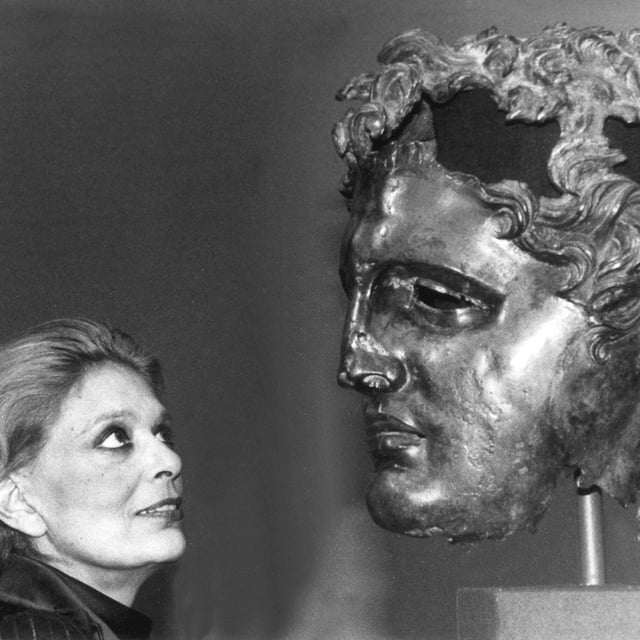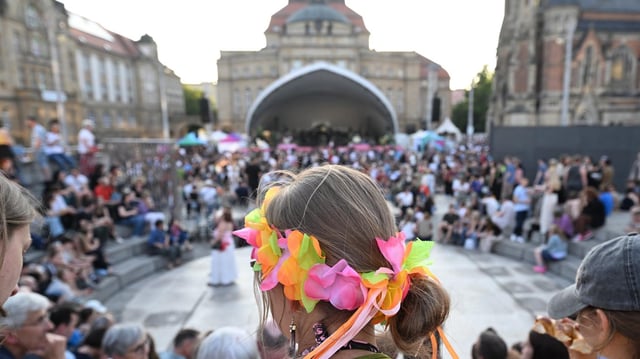Overview
- The program was conceived in 1983 by Greek culture minister Melina Mercouri and her French counterpart Jack Lang, with Athens debuting as the first European Capital of Culture in 1985.
- Over four decades the initiative has evolved from showcasing heritage to serving as a strategic tool for urban revitalization, as seen in past editions in Glasgow (1990) and Antwerpen (1993).
- In 2025 Chemnitz joins Nova Gorica and Gorizia as European Capitals of Culture, marking Germany’s fourth time hosting after Berlin (1988), Weimar (1999) and Essen/Ruhr (2010).
- Since 2020 the selection process has expanded to include cities from EU candidate or EFTA/EWR states, allowing up to three capitals to share the title in a single year.
- The enduring appeal of the program lies in its ability to boost local identity, attract tourism and foster cultural innovation through major events and infrastructure projects.

